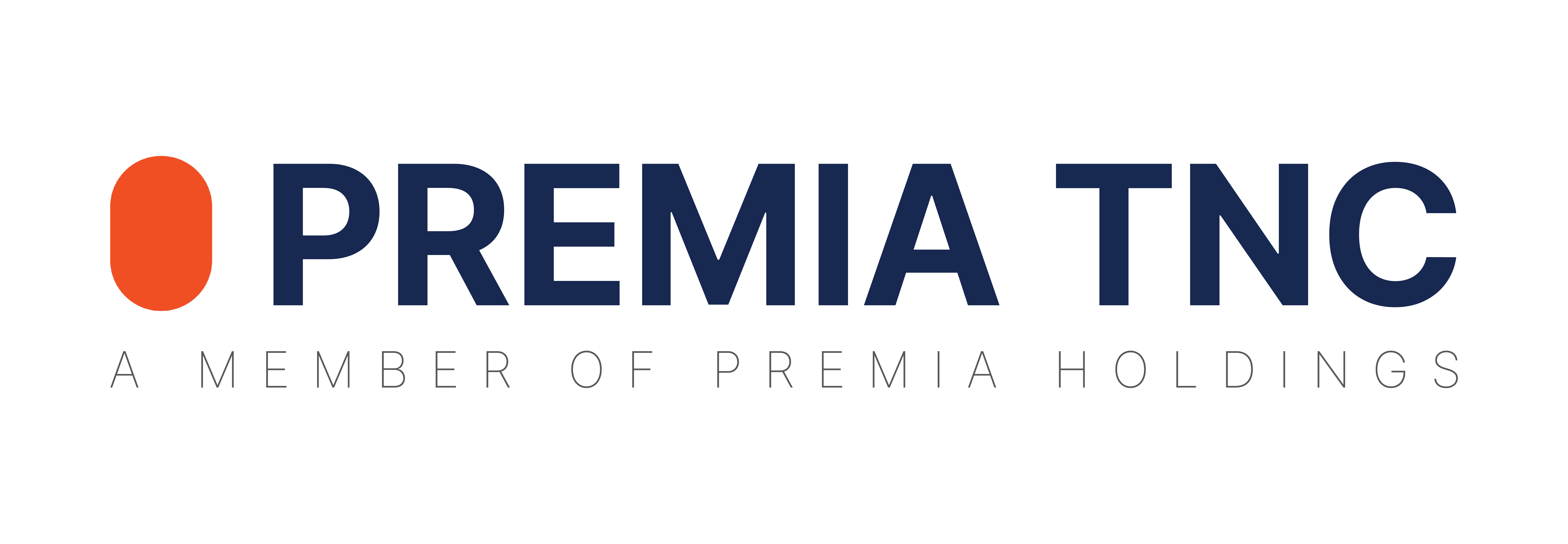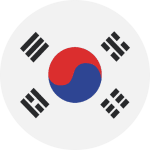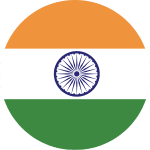



Import and export trading is the lifeblood of the global economy, and Korea plays a significant role in international trade. This article delves into the intricacies of import and export trading in Korea, with a specific focus on the customs clearance system that governs the flow of goods across its borders.
Importing Goods into Korea
Import Regulations and Requirements
Understanding import regulations is crucial for businesses looking to bring goods into Korea. This section explores customs tariffs, import duties, and the necessary licenses and permits.
Customs Declaration Process
Unpacking the customs declaration process, we delve into the documentation required for import, customs valuation, and classification of goods.
Exporting Goods from Korea
Export Regulations and Compliance
For businesses seeking to export from Korea, compliance with export control laws, export licensing, and proper documentation is vital.
Export Declaration Process
This section outlines the export documentation requirements and the procedures involved in obtaining export clearance.
Korean Customs Authorities
Korea Customs Service (KCS)
A detailed look at the Korea Customs Service, its role, responsibilities, and its role in enforcing customs regulations and border security.
Other Regulatory Agencies
Explore the roles of additional regulatory bodies like the Ministry of Food and Drug Safety (MFDS) and the Korea Plant Quarantine Agency (KPQA) in customs clearance.
Customs Valuation Methods
Delve into the complexities of customs valuation methods, including the transaction value method, deductive value method, computed value method, and other valuation methods employed by Korean customs.
Customs Classification System
Understand the importance of the Harmonized System (HS) code, how to determine the correct HS code for goods, and the significance of accurate classification.
Customs Clearance Process
Step-by-Step Guide to Customs Clearance
Navigate the entire customs clearance process, from the arrival of goods to the release of goods, with a focus on customs declaration submission, inspection, and payment of duties and taxes.
Customs Clearance Challenges and Solutions
Highlight common challenges faced during customs clearance and provide insights into solutions to ensure a smooth process.
Customs Duties and Taxes
Types of Customs Duties
An explanation of different types of customs duties, including import duties and export duties, and how they are calculated.
Calculation of Duties and Taxes
Explore the factors that influence the calculation of duties and taxes, such as tariff rates and value-added tax (VAT), as well as exemptions and rebates.
Trade Agreements and Free Trade Zones
Impact of Trade Agreements on Customs Clearance
Understand how international trade agreements affect customs clearance procedures.
Utilizing Free Trade Zones (FTZs)
Explore the benefits of utilizing Free Trade Zones and the procedures for storing goods within them.
Customs Compliance and Risk Management
Ensuring Regulatory Compliance
Highlight the importance of compliance with customs regulations and share best practices for ensuring adherence.
Managing Customs Risks
Discuss the potential risks involved in customs clearance, including audits, investigations, and penalties, and strategies to mitigate these risks.
Trade Facilitation Technologies
Electronic Data Interchange (EDI)
An overview of EDI and its role in streamlining customs clearance processes.
Single Window Systems
Discuss the advantages of Single Window Systems for simplifying and expediting customs procedures.
Customs Management Software
Explore the benefits of customs management software for efficient customs clearance and compliance.
Future Trends in Korean Customs Clearance
Automation and Digitalization
An exploration of the increasing automation and digitalization of customs processes.
Customs Green Initiatives
Highlighting Korea’s efforts toward environmentally friendly customs practices.
Trade Facilitation and Simplification
Discuss the ongoing efforts to simplify and facilitate international trade.
Qualification for Operating Trading Business
Qualifications for operating a trading business in South Korea can vary depending on the type of trading activity and the specific products or services involved. However, here are some general qualifications and steps that a company typically needs to meet and follow to engage in trading activities in South Korea:
- Business Registration: Before engaging in any trading activities, a company must register as a legal entity in South Korea. Common legal entity types for trading businesses include corporations (limited liability companies) or branch offices of foreign companies.
- Business License: Depending on the specific industry and products/services you plan to trade, you may need to obtain a business license or permit. Certain industries, such as pharmaceuticals or food, may require additional licenses from relevant regulatory authorities.
- Foreign Investment Promotion Act (FIPA): Foreign companies wishing to operate in South Korea should check compliance with the Foreign Investment Promotion Act. In some cases, certain trading activities may require prior notification or approval from the Ministry of Trade, Industry, and Energy (MOTIE).
- Customs Brokerage License: If your trading business involves importing and exporting goods, you may need to obtain a customs brokerage license. This license allows you to handle customs procedures and clear goods through customs on behalf of your clients.
- Compliance with Trade Regulations: Ensure that your trading activities comply with South Korea’s trade regulations, including customs laws, import/export regulations, and trade agreements.
- Tax Registration: Register for applicable taxes, including value-added tax (VAT) and corporate income tax, based on your trading activities and business structure.
- Bank Account: Open a corporate bank account in South Korea to facilitate financial transactions related to your trading activities.
- Documentation: Maintain accurate and complete documentation for all transactions, including invoices, customs declarations, and contracts. Proper record-keeping is essential for compliance.
- Quality Standards and Regulations: Ensure that the products you trade meet South Korean quality standards and regulatory requirements. Different products may have specific certification or testing requirements.
- Trade Associations: Consider joining relevant trade associations and organizations that can provide guidance, networking opportunities, and industry-specific information.
- Local Representation: For foreign companies, having a local representative or agent can be beneficial for navigating the Korean business environment and building relationships with local partners.
- Compliance with Sanctions: Be aware of international sanctions and trade restrictions that may affect your trading activities, especially if you deal with sensitive goods or countries subject to sanctions.
It’s essential to consult with legal and business advisors who are familiar with South Korea’s regulations and business environment to ensure that you meet all the necessary qualifications and comply with local laws when operating a trading business in the country. Additionally, specific requirements may vary depending on the nature of your trading activities, so thorough research and due diligence are crucial.
Conclusion
In conclusion, navigating the Korean customs clearance system is essential for businesses engaged in import and export trading. By understanding the regulations, procedures, and best practices outlined in this article, businesses can optimize their trading activities in Korea and contribute to the global economy.
FAQ of Custom System in Korea
Q1: What is the Korean customs system, and why is it important for businesses?
A1: The Korean customs system is a set of government regulations and procedures governing the import and export of goods into and out of South Korea. It's essential for businesses because it ensures the legal and smooth flow of goods across borders, affecting trade, compliance, and business operations.
Q2: What are the key regulatory bodies responsible for customs in South Korea?
A2: The primary regulatory body responsible for customs in South Korea is the Korea Customs Service (KCS). Additionally, other agencies, such as the Ministry of Food and Drug Safety (MFDS) and the Korea Plant Quarantine Agency (KPQA), may oversee specific aspects of customs related to their respective industries.
Q3: What are the customs duties and taxes that businesses should be aware of when trading in South Korea?
A3: Businesses involved in import and export should be aware of import duties, export duties, and value-added tax (VAT). Import duties are levied on imported goods, while export duties are imposed on certain goods exported from South Korea. Value added is subject to consumption tax, or VAT, at every point in the supply chain.
Q4: How can businesses determine the correct Harmonized System (HS) code for their products when dealing with customs clearance?
A4: Determining the correct HS code is crucial for customs classification. Businesses can refer to the Harmonized System code list, consult with customs authorities, or seek guidance from customs experts or trade associations. Accurate classification ensures proper duties and taxes are applied.
Q5: What are the steps involved in the customs clearance process in South Korea?
A5: The customs clearance process typically involves several steps, including the arrival of goods, customs declaration submission, customs inspection and verification, payment of duties and taxes, and finally, the release of goods. Compliance with customs regulations at each stage is essential.
Q6: How can businesses reduce customs-related risks and ensure compliance?
A6: To reduce customs-related risks and ensure compliance, businesses should maintain accurate documentation, engage customs experts or customs brokers, stay informed about changing regulations, and implement robust compliance and risk management procedures.
Q7: Are there trade agreements and free trade zones in South Korea that can benefit businesses involved in import and export?
A7: Yes, South Korea has entered into numerous trade agreements with other countries and regions, including free trade agreements (FTAs) and economic partnership agreements (EPAs). These agreements can offer preferential trade terms and reduced customs barriers. South Korea also has free trade zones (FTZs) that provide various benefits for businesses engaged in international trade.
Q8: What role does technology play in the customs system in South Korea?
A8: Technology, such as Electronic Data Interchange (EDI) and Single Window Systems, plays a significant role in modernizing and streamlining the customs clearance process. It enhances efficiency, reduces paperwork, and facilitates data exchange between businesses and customs authorities.
Q9: How is the Korean customs system evolving to meet future challenges and opportunities?
A9: The Korean customs system is evolving through automation and digitalization to keep pace with technological advancements. Initiatives include green customs practices, trade facilitation, and simplification efforts to promote smoother and more environmentally friendly trade processes.
Q10: What resources are available to businesses for guidance and support in navigating the Korean customs system?
A10: Businesses can seek guidance from customs authorities, engage customs brokers or consultants, and refer to official government websites for information on customs regulations and procedures. Trade associations and chambers of commerce can also provide valuable resources and networking opportunities.






















